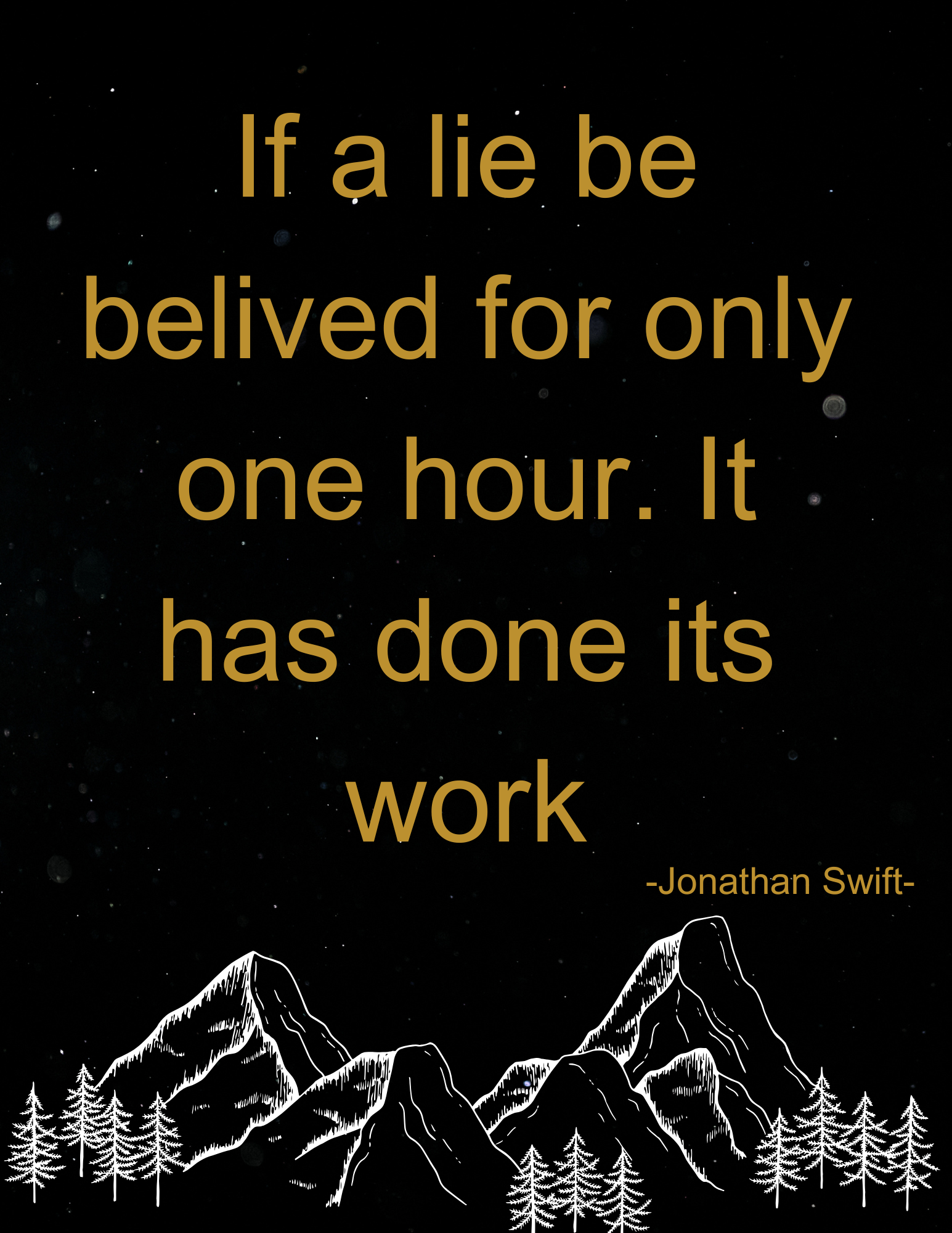Building Resilience
How to Bounce Back from Setbacks Stronger Than Ever

Strategies for Developing Resilience
1. Having a Positive Mindset
- Focus on What You Can Control: Concentrate on the aspects of a situation that you can influence and let go of what you cannot change.
- Practice Gratitude: Regularly take note of things you're thankful for, which can shift your focus from negative to positive aspects of life.
- Rethink Challenges: View setbacks as opportunities to grow and learn rather than as obstacles.
2. Build Strong Relationships
- Seek Support: Lean on friends, and family for emotional support. Sharing your feelings can reduce stress and provide new perspectives.
- Create Connections: Join groups or communities with shared interests. Building a network of supportive relationships can enhance your resilience.
3. Develop Healthy Coping Mechanisms:
- Physical Activity: Regular exercise can reduce stress, improve mood, and boost overall health.
- Mindfulness and Meditation: Practices such as mindfulness, deep breathing, and meditation can help you stay grounded and manage stress more effectively.
-Creative Outlets: Engage in hobbies or creative activities like painting, writing, or playing music to express emotions and relieve stress.
4. Learn from Experience-
-Reflect on Past Challenges: Think about how you've handled difficulties in the past. What strategies worked? What could you improve? Use these insights to better navigate future challenges.
-Embrace Change: Accept that change is a part of life. Being adaptable and open to new experiences can enhance your resilience.
5. Maintain a Healthy Lifestyle:
- Balanced Diet: Eat nutritious foods that fuel your body and mind.
- Sleep Well: Ensure you get enough sleep each night to maintain physical and mental health.
- Limit Harmful Behaviors Avoid excessive use of alcohol, drugs, or other harmful coping mechanisms.
Maintaining a Positive Mindset in the Face of Challenges
1. Embrace Optimism:
- Positive Self-Talk: Challenge negative thoughts and replace them with positive affirmations.
- Visualize Success: Imagine positive outcomes and visualize yourself overcoming obstacles.
2.Practice Self-Compassion:
- Be Kind to Yourself: Treat yourself with the same kindness and understanding that you would offer a friend in a similar situation.
- Acknowledge Your Feelings: Accept your emotions without judgment. It's okay to feel upset or frustrated; what's important is how you respond to those feelings.
3.Stay Present:
- Mindful Practices: Participate in activities that keep you in the present moment, such as meditation, yoga, or simply paying attention to your surroundings.
- Limit Overthinking: Try not to dwell on past mistakes or worry excessively about the future. Focus on what you can do right now.
-Don’t worry. Worry is useless. Worries take up valuable time, cause painful stress, even mental anguish. Shift your energy to what you can create.
In conclusion Building resilience is an ongoing process that involves developing a positive mindset, cultivating supportive relationships, and adopting healthy coping strategies. By practicing these techniques, you can better navigate life's obstacles and come back stronger from setbacks. Remember, resilience is not about avoiding difficulties but about facing them head-on with strength and determination.










